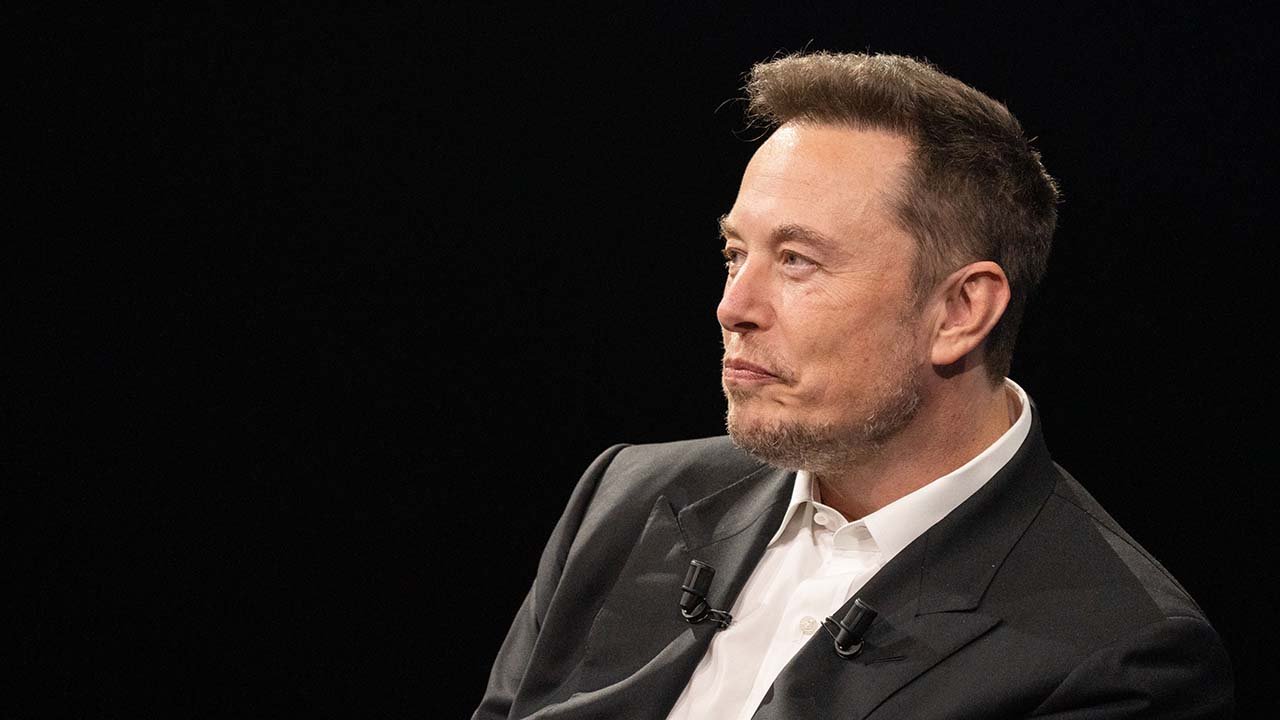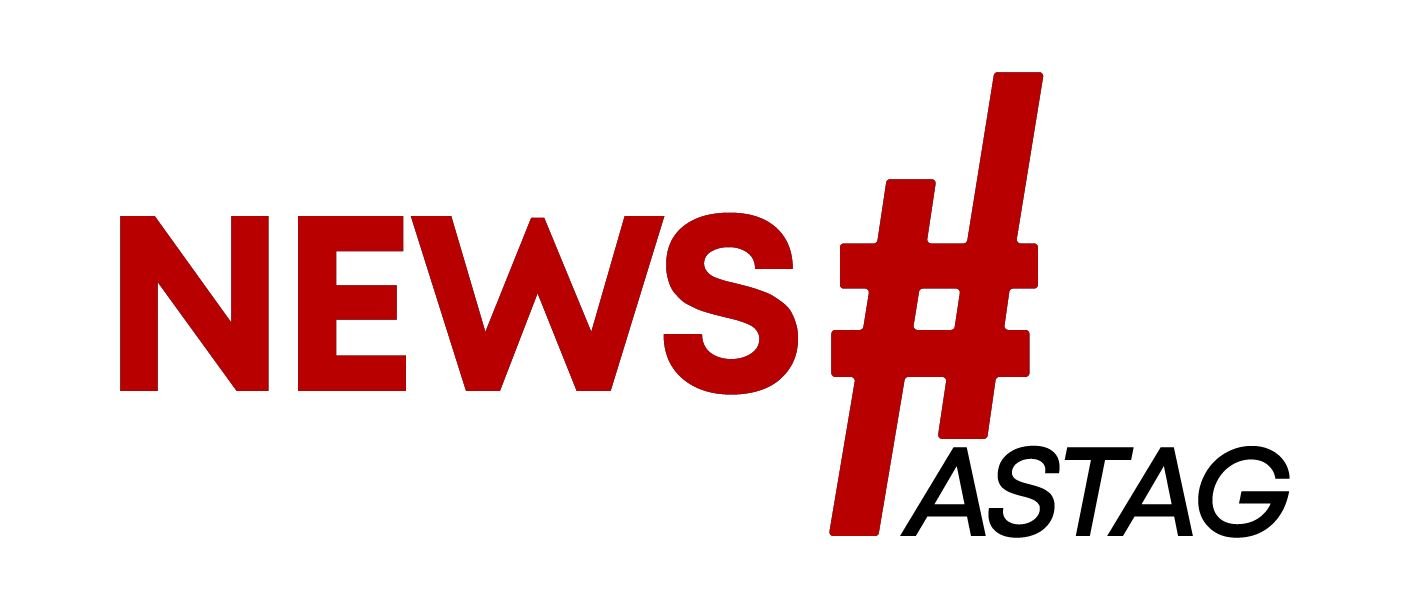Twitter’s Financial Challenges and Controversial Revenue-Sharing Program
Elon Musk’s recent disclosure about Twitter’s negative cash flow, resulting from a decline in advertising revenue and a heavy debt load, highlights the platform’s ongoing financial struggles. Despite previous claims of breaking even, Musk’s statement indicates that the situation is far from resolved. This article delves into the reasons behind Twitter’s negative cash flow and examines the impact of recent controversial decisions, such as content moderation changes and the reintroduction of banned accounts. Additionally, we explore Twitter’s efforts to attract advertisers through a limited revenue-sharing program and shed light on the mixed reactions it has received from influential users.
Twitter’s Financial Woes and Conflicting Statements:
Following Elon Musk’s acquisition of Twitter, advertisers began to abandon the platform, resulting in significant financial repercussions. The steep decline in advertising revenue, combined with a heavy debt load, has left Twitter with a negative cash flow. Musk’s recent comments highlight the ongoing struggle to achieve positive cash flow, as the platform grapples with the challenges brought about by advertiser exodus and controversial decisions, including substantial layoffs and changes to content moderation.
Contrasting Musk’s previous assertion that Twitter was breaking even, his current statement reveals the severity of the financial situation. While some advertisers have returned, Twitter continues to face hurdles in regaining their trust and ensuring a sustainable revenue stream.
Leadership Transition and Revenue-Sharing Initiatives:
Elon Musk’s decision to step down as Twitter CEO and the appointment of Linda Yaccarino, an advertising veteran, as his successor, aimed to boost advertiser confidence and reignite growth. However, Twitter faces increased competition from Threads, a rival platform owned by Meta, which swiftly garnered 100 million users within days of its launch.
In an effort to incentivize content creators and enable them to earn directly on the platform, Twitter recently introduced a revenue-sharing program. The initial phase of the program, implemented in the replies to posts, received mixed feedback. Many widely followed accounts expressed disappointment at not qualifying for the income-generating program. The revenue-sharing program was restricted to users with paid Twitter Blue verified subscriptions, and the payments were driven by ads placed in tweet replies.
Controversies and Uncertainty Surrounding the Program:
The limited scope of the revenue-sharing program sparked controversy as influential users, including Andrew Tate, who faces serious charges and promotes misogynistic views, claimed substantial payments from Twitter. Several right-wing influencers and proponents of Tesla stock also reported receiving payments. Mainstream influencers, such as Brian and Ed Krassenstein and Mr. Beast, as well as the account @interneth0f, which curates and shares popular social media posts, also disclosed details about their Twitter income.
While the total payout and selection criteria for the revenue-sharing program remain undisclosed, concerns have been raised regarding Twitter’s support of controversial figures and the potential for preferential treatment.
Twitter’s negative cash flow, stemming from a drop in advertising revenue and a burdensome debt load, continues to pose significant challenges for the platform’s financial stability. The conflicting statements made by Elon Musk and the limited scope of the revenue-sharing program have added to the uncertainty surrounding Twitter’s future. As the platform faces fierce competition from Threads and grapples with lawsuits related to non-payment, Twitter must strategize to regain advertiser trust and explore sustainable revenue generation avenues. Balancing financial recovery with responsible content moderation will be vital for Twitter to secure its long-term success in the dynamic social media landscape.




